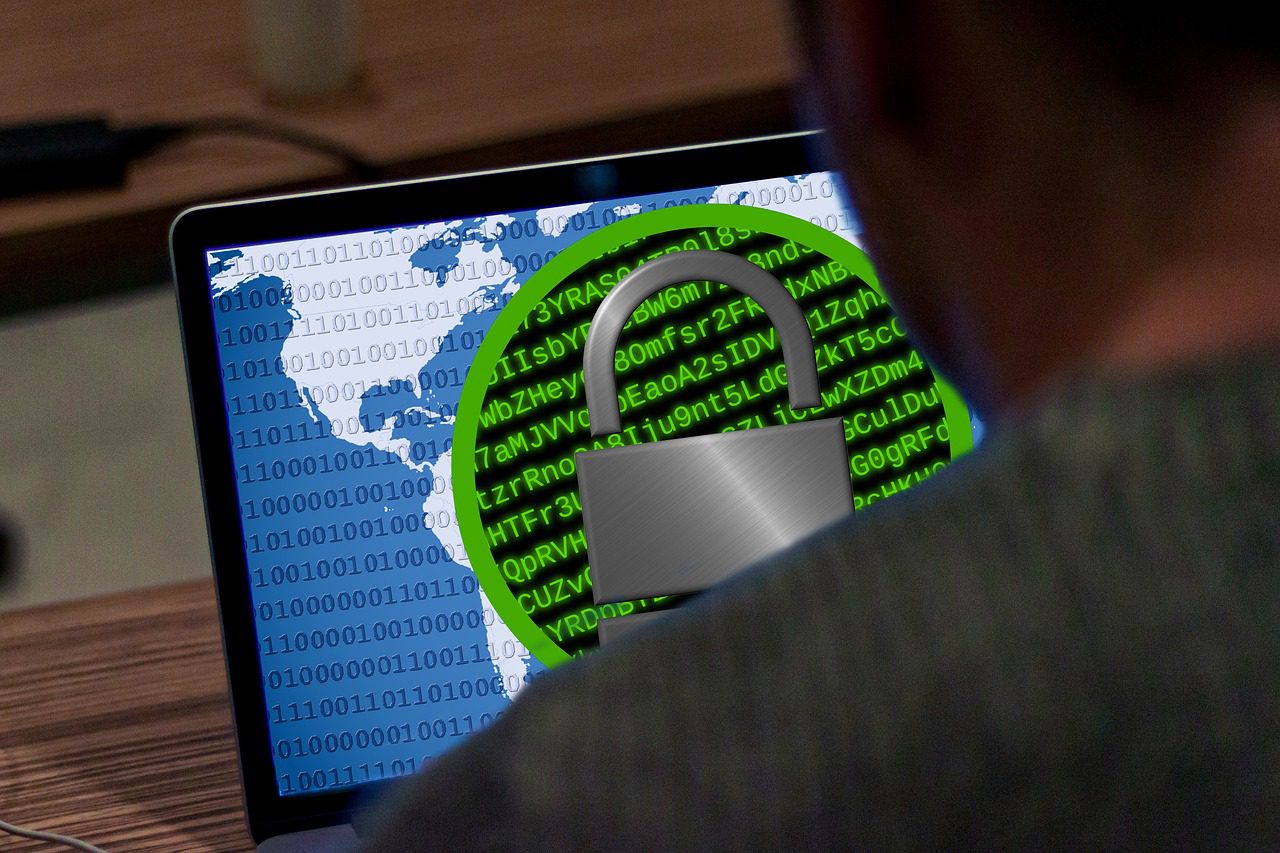As a user of a computer, one of the most unpleasant things is experiencing an unexpected issue and suddenly losing access to all of your stored information, such as images, programs, and documents. There are many reasons to know about backing up your computer, and we’ll go over all of them in this article!
Why is backing up your computer important?
Your files will be safe and easily recoverable if your computer is backed up, so it’s a win-win situation for both you and your machine. If your computer crashes and you lose any of your important data, you can roll back to an earlier date using a backup you’ve made. Having your files backed up somewhere means you don’t have to worry about a computer breakdown or ransomware wreaking havoc on your PC!
The best defense against Ransomware
The easiest way to protect yourself from ransomware is to make regular backups of your data. Ransomware is one of the most dangerous computer viruses. If ransomware infects a company or individual user, the consequences could be catastrophic. If you don’t pay the ransom, your computer and its data will be held hostage until you do. Even if you get rid of the infection, your files will stay encrypted because you don’t have the password or code. It’s not uncommon for ransom letters claiming to be from law enforcement like the FBI to look to originate from legitimate sources, but these bodies would never encrypt or lock up a computer.

FixMeTip: The FixMeStick can be used to remove ransomware, but if you do, your files will remain encrypted. This is why having a recent backup is so critical.
Here are some reasons why you should back up your computer files:
- Computer Theft – Use public transportation, a cafe, or a library to work on your computer? In the event of laptop theft, you may never be able to recover all of your files.
- Computer Crashes & Damages – At the most inconvenient of times, computer failures and damage can strike without warning. Let’s imagine you’re having a cup of coffee and working on your laptop in the morning. What do you do if your coffee spills all over your laptop?
- Hard Drive Failure – Most of your computer’s files reside on the hard disk. Their lifespan is short and they can fail at any time. If you don’t have a copy of your files somewhere else in case of a hard drive failure, you could be out of all of your files.
Which is safer? Using a hard drive or the cloud?
An external hard disk backup is less convenient than a cloud backup. Your data will be immediately synced to an online account, such as Google Drive, Microsoft OneDrive, or iCloud, so they can be accessed from other computers (and the StartMeStick!).
Cloud-based backup is convenient, but it’s not the safest solution. The security and hacking concerns of any cloud-based system are inherent. External hard disks, on the other hand, are available offline and are not subject to the same security risks.
The massive 2014 attack on iCloud, for example, left many concerned about the safety of the software. The Apple ID and password of a victim can be obtained in order to undertake an iCloud hack.
You should always keep a copy of your most important files on an external storage device. The only way to guarantee that no one else will ever have access to your files is to store them on a physical storage device.
Keep your files safe using an external hard drive
An external hard disk, on the other hand, keeps your files offline. There is no way for someone who doesn’t have a USB flash drive plugged directly into their computer to access it. If you’re looking for a way to keep your files safe, this is the greatest option.
FixMeTip: Before you create a backup, run a malware scan on your files with FixMeStick.

Back up your files on an external offline device rather than relying on a cloud-based service like Dropbox or Google Drive, according to the DHS, CISA (Cybersecurity and Infrastructure Security Agency), and NASCIO (National Association of State Chief Information Officers). Their primary defense against ransomware and data extraction is to use an external, offline backup.
The safest way to build a backup is to use an offline external device.
Conclusion
Backing up your computer is an important step in protecting your data. In this post, we’ve outlined the different ways you can back up your computer and what to consider when choosing a backup method. We hope this information helps you choose the best backup solution for your needs and gives you peace of mind knowing that your data is safe. Have you ever had to recover data from a backup? Tell us about your experience in the comments below.

